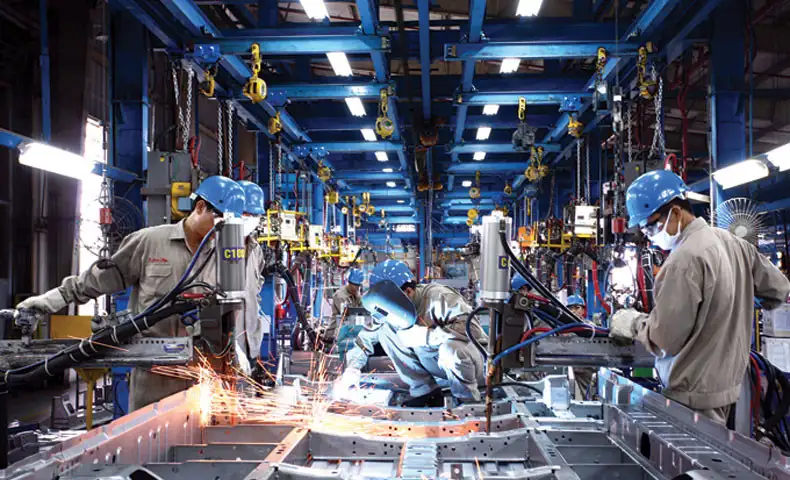Brazil has long been known as the ‘land of football’, where the king of sports has permeated every aspect of life. From the crowded streets to the blazing stadiums, football is more than just a sport; it is a culture, identity, and pride for the Brazilian people. Let’s explore the powerful impact of football on social life in this country.
1. Football – National Pride
Football is an integral part of Brazil’s national identity. With five World Cup titles, the Brazilian team has always been a symbol of national pride. For the people, winning football is not only a sporting victory but also a symbol of national strength, national unity and pride in their culture.
Every World Cup, Brazil seems to stop working to focus on watching its team compete. Moments of success, such as Pele’s 1958 World Cup victory or Ronaldo’s 2002 World Cup victory, have become a major cultural legacy for Brazil, bringing deep pride and energizing the entire society.

2. Impact on Local Culture
In Brazil, football is not only loved in big stadiums but also popular in every corner of society. Street football (futebol de rua) is where boys and girls practice their skills and nurture their dreams of becoming professional players. It is an indispensable part of daily life, especially in Brazil’s favelas.
Through street football, children have the opportunity to develop skills, learn teamwork and build confidence. Famous players such as ‘Pele’, ‘Zico’, ‘Romário’, and ‘Neymar’ all started on street football pitches, before becoming icons of Brazilian and world football.
3. Football and Politics
Football is not only a source of entertainment but also has a profound impact on politics in Brazil. During difficult times, football has been used as a political tool to unite the population and maintain confidence in the country. For example, during the period of the ‘Brazilian military regime (1964-1985)’, leaders used the success of the national team to boost national morale and reduce criticism from the people.
The 1970 World Cup triumph, which featured legends such as ‘Pele’ and ‘Tostão’, was seen as a powerful political propaganda tool, helping the military government gain support. However, Brazilian football has also had its share of stories of protest movements, with fans using the game to express their political and social opinions.
4. Football Is A Bridge To Communities
Football in Brazil plays a particularly important role in uniting communities, regardless of wealth or social status. Football matches become a place where people from all walks of life can come together, sharing joys and sorrows with their team. Fans gather in cafes, bars or stadiums to cheer on their favorite teams, creating an atmosphere of unity that is unmatched.
In disadvantaged areas such as favelas, football is also a tool for education and helps children stay away from violence and social evils. Many non-profit organizations and community projects have used football as a means to educate about life values, ethics and social skills, thereby providing opportunities for disadvantaged children to seek a better life.
5. Football and Economy
Football also contributes greatly to the Brazilian economy. Major football clubs such as ‘Flamengo’, ‘Corinthians’, ‘São Paulo’, and ‘Palmeiras’ are not only famous teams but also major commercial brands, attracting huge fan bases and generating revenue from television rights, ticket sales, and sponsorship deals.
In particular, when Brazil hosted major events such as the 2014 World Cup or the 2016 Olympics, football became a driving force for infrastructure development, with projects to build stadiums, hotels and transport systems. However, the huge spending on these projects also caused a lot of social controversy, with many people arguing that the resources should be used to improve the quality of life for poor people.
Brazilian Football
Football is not only the king of sports in Brazil but also an indispensable part of cultural, political and social life. From national pride, community culture to politics and economics, football has had a profound impact on many aspects of Brazilian life. With a strong love for football, Brazil is not only one of the strongest footballing countries but also the country with the most profound football culture in the world.


